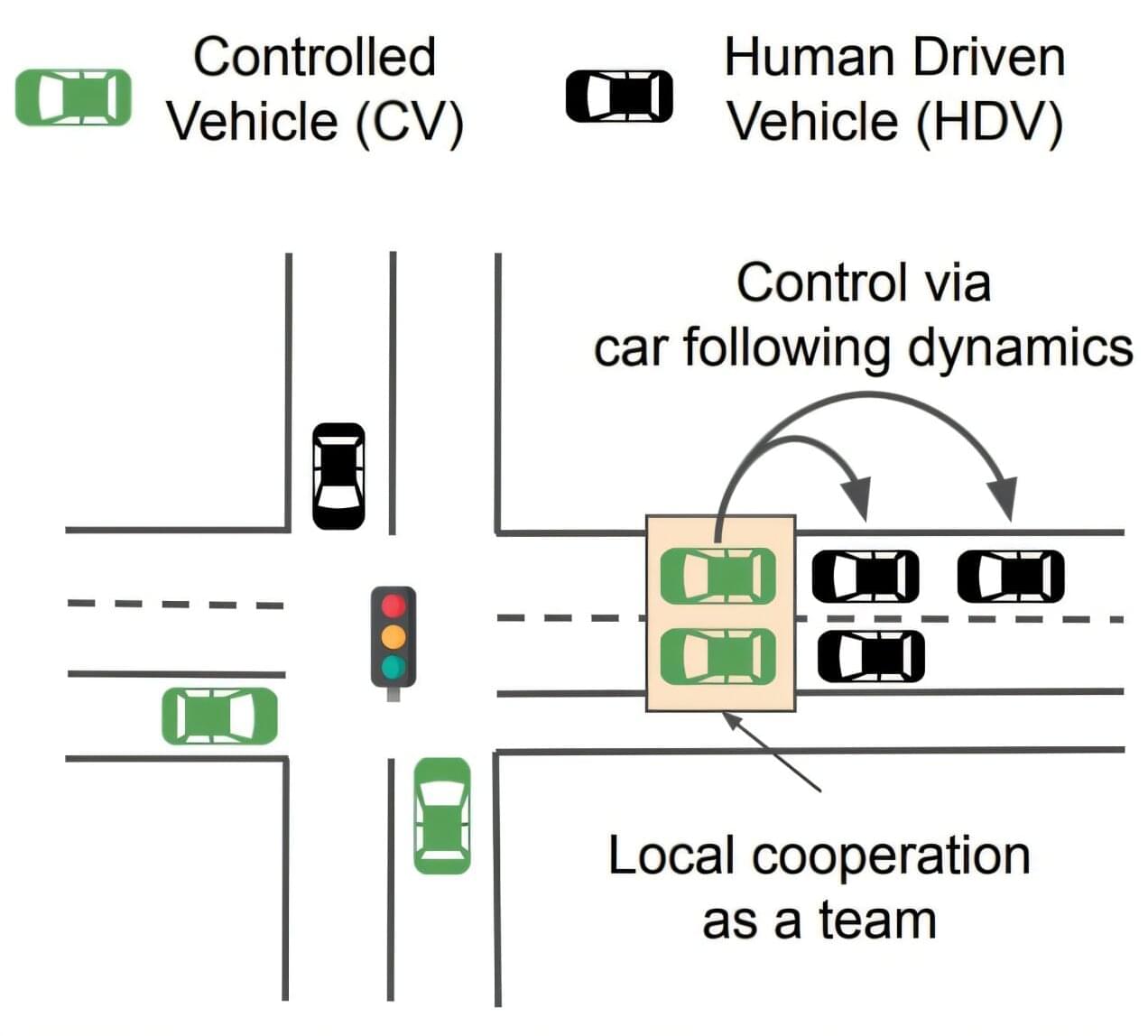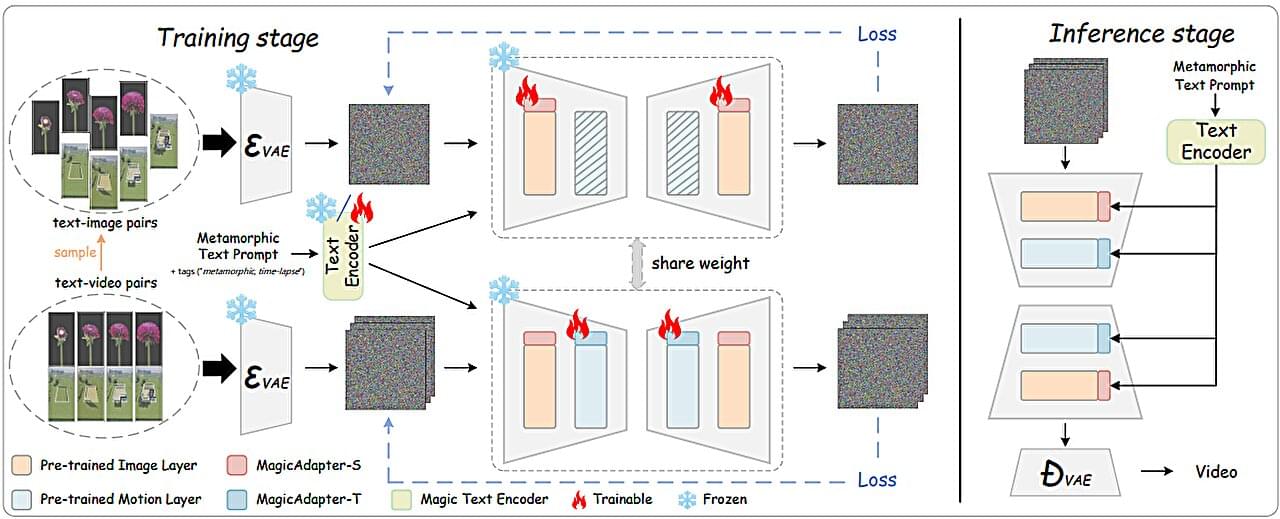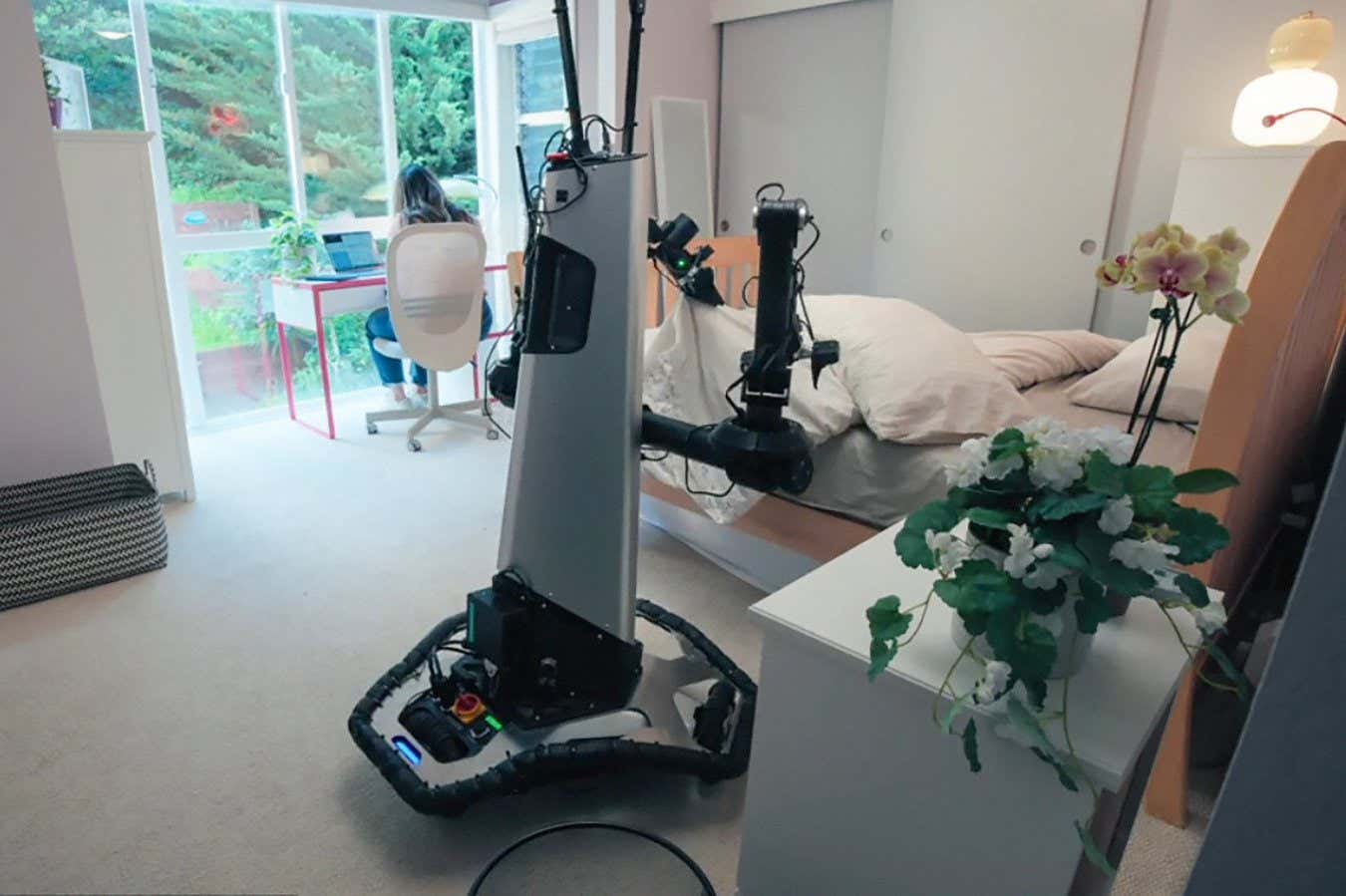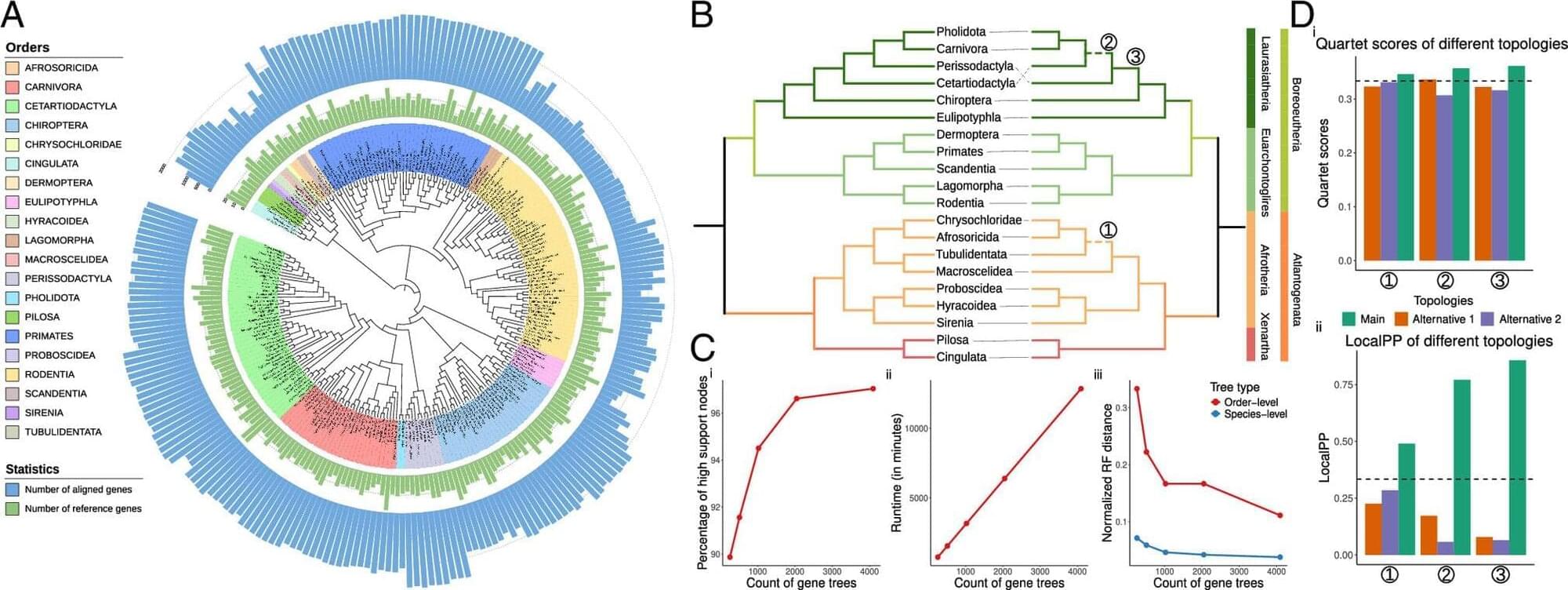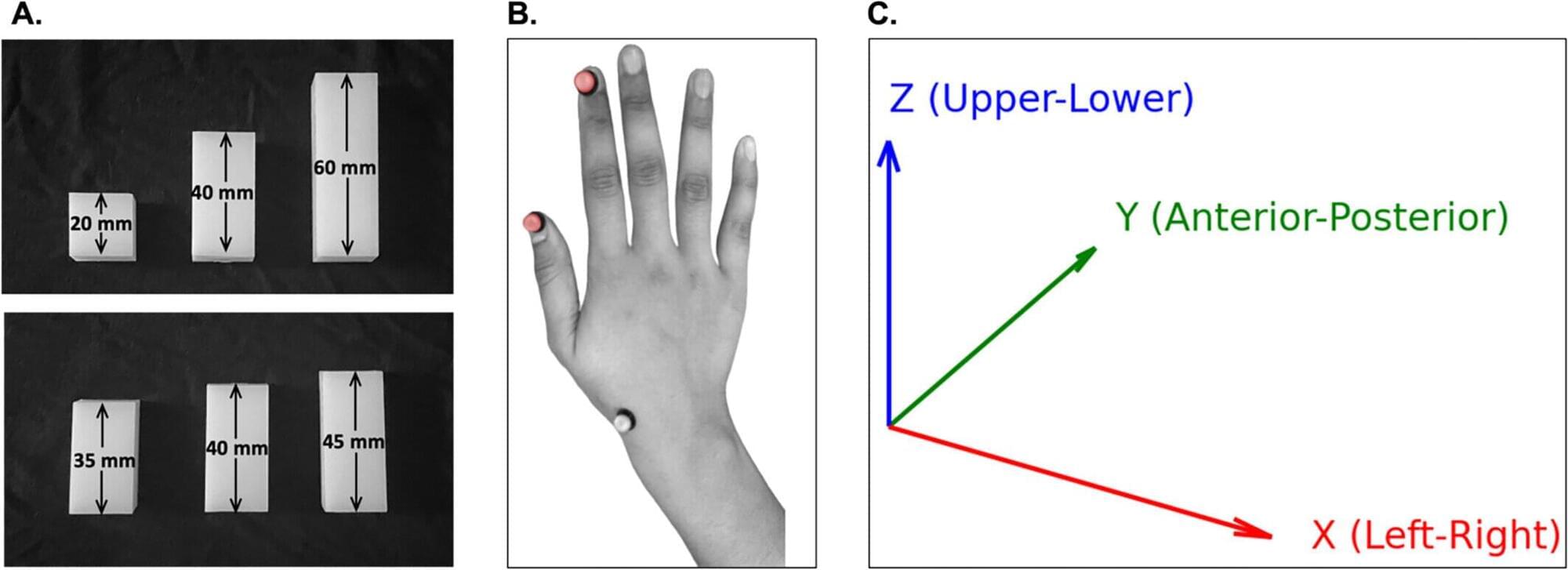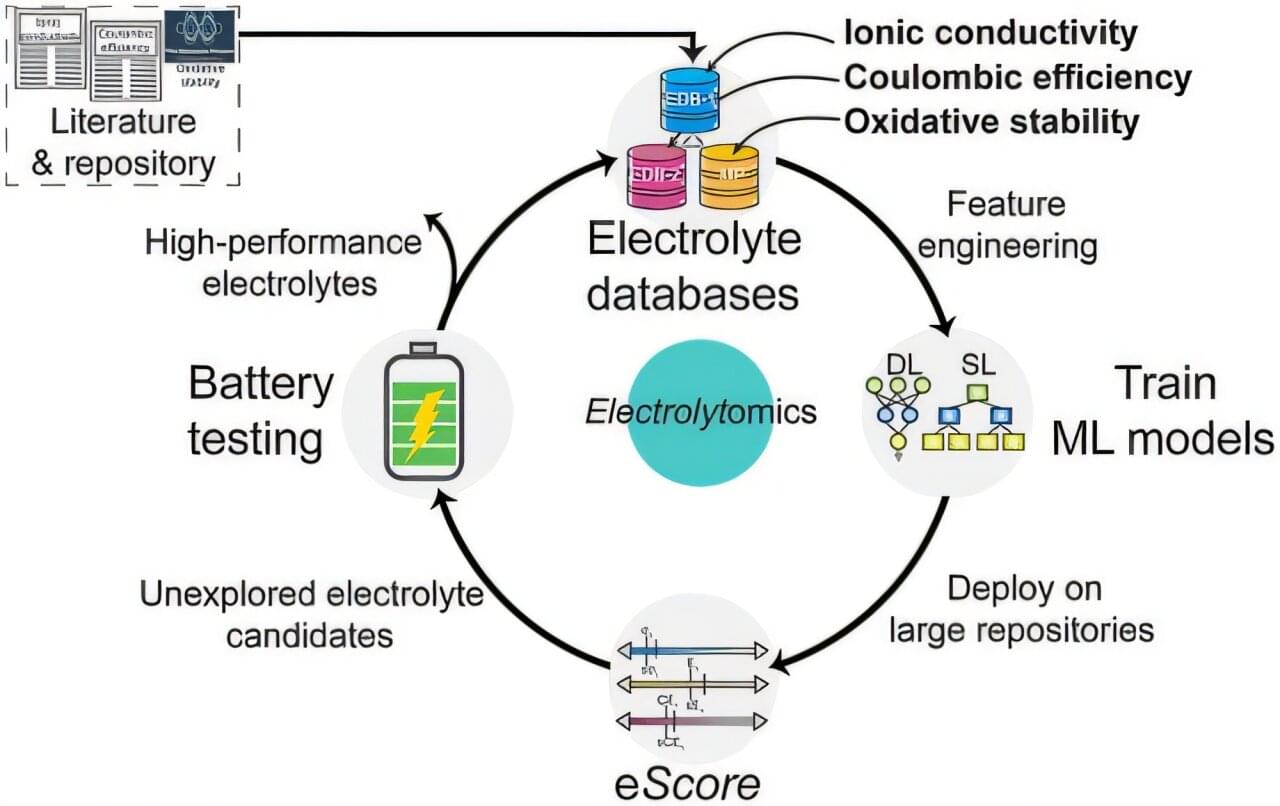Investors hoping to back former OpenAI chief technology officer Mira Murati’s buzzy new AI startup are being asked to commit a minimum of $50 million, according to two sources with knowledge of the deal. Murati is raising around $2 billion of capital at a $10 billion valuation for Thinking Machines Lab, BI previously reported.
Multiple sources say the mega-round, led by Andreessen Horowitz, is nearing the final stages of fundraising.
A spokesperson for Thinking Machines Lab declined to comment. A spokesperson for A16z did not respond to a request for comment. The round is not finalized, and the details could change. The financing would almost certainly rank as one of the largest seed rounds in history, which typically range in the low to mid-single digits.
A $50 million check size is beyond the scope of most traditional seed investors because it would represent a substantial percentage, if not their entire fund.
The minimum requirement and rich valuation reflect feverish investor enthusiasm for generative AI and the reality that there are a very limited number of technical founders with Murati’s expertise and the team she has assembled. It’s also enormously expensive to train AI models and recruit and retain top talent.
Murati spent over six years at OpenAI, where she worked on the development of ChatGPT and other AI research initiatives. She was briefly appointed interim CEO in November 2023 after OpenAI’s board abruptly fired Sam Altman, a move that sparked turmoil within the company. After Altman’s reinstatement as CEO, Murati resumed her role as CTO.
It has been a widely discussed mystery what exactly Thinking Machines will do to distinguish itself in a crowded and well-funded field that includes not only OpenAI but also Anthropic, Elon Musk’s xAI, and Google’s Gemini.



